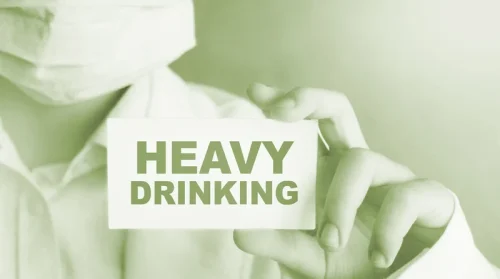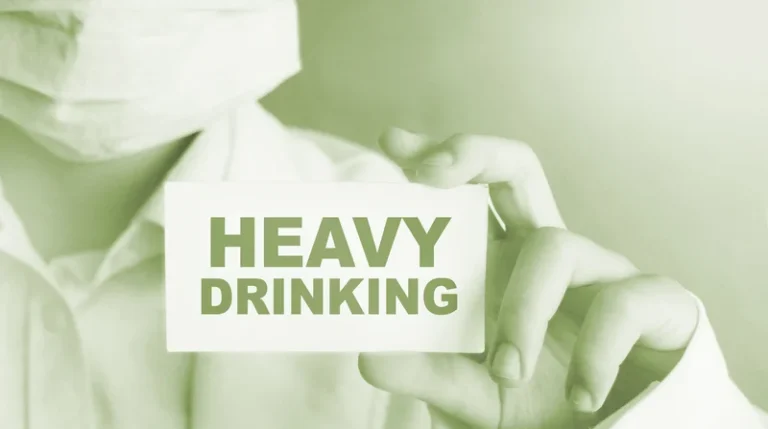
If there are any concerns about content we have published, please reach out to us at If you’re trying to help someone you love, speaking to them openly and honestly can be one of the best things to do early on. The person may not realize there’s such an issue that others have noticed, and a conversation free of judgment can bring about more awareness. In addition, since the impact of AUD may not be as obvious, the person may be unable to recognize the severity of their condition in these early stages. For some people, AUD may also mean more than physical dependence, but a stress reliever or source of psychological escape.

What Percentage of Alcoholics are Functioning or High Functioning Alcoholics?
- These restrictions help the person struggling with the alcoholism to believe they’re able to control their drinking.
- High-functioning alcoholics typically joke about their drinking habits.
Since they’re not stereotypical alcoholics, they do not know or they will not admit that they have a serious problem with alcohol. If you or a loved one is struggling with alcohol abuse, Footprints to Recovery can help. Our drug and alcohol addiction treatment is evidence-based and tailored to your individual needs. We’ll help you begin working through trauma and other challenges that perpetuate substance abuse and mental health issues. There are treatment options for people dealing with any level of an alcohol use disorder, whether it is mild, moderate or severe.

How do I know I’m a functioning alcoholic? Know the signs and symptoms
- Binge drinking, social pressures, family history, mental health issues, and excess alcohol use can all increase your risk of developing an alcohol use disorder.
- As time goes on and tolerance increases, they may attempt to hide the growing problem, and a growing number of empty bottles or cans, from friends and family.
- Since alcoholism is a progressive disease and can worsen over time without treatment, early intervention is essential.
The test is free, confidential, and no personal information is needed to receive the result. Patients will stay at a professional medical facility throughout treatment. Alcoholics Anonymous (AA) is an effective worldwide organization of peer-facilitated support groups that helps people recover from alcoholism. It does not necessarily “treat” AUD but can help people with AUD cope. Even if you consume small amounts throughout the day, it will cause your alcohol tolerance to build https://ecosoberhouse.com/ up slowly.
The Three Phases of Alcoholism
Some also take great steps to create a portrait of a healthy person. They may go to the gym, hang out with friends and even go to their children’s soccer games. The Recovery Village Atlanta offers comprehensive addiction treatment for drug and alcohol addictions and co-occurring mental health conditions. Drinking excessive amounts of alcohol can impact short- and long-term physical and mental health. Getting help early on can reduce the risk of developing alcohol addiction. This article explores the meaning of the term high functioning alcoholic, looks at the signs and symptoms of alcohol use disorder (AUD), how people can help friends and family, and more.

Inpatient Programs

If you’re unsure where to begin, a primary care provider can be a good resource in the earliest stages of diagnosing an alcohol use disorder. The term high functioning alcoholic is no longer in use in the medical community. However, some people may use the phrase to refer to individuals who are experiencing an AUD but are high functioning alcoholic still able to successfully function in their work and personal lives.
A high functioning alcoholic is an informal term that refers to someone who appears to maintain a successful professional and personal life while drinking excessive amounts of alcohol. Drinking is often covert, and the person may deny they have any issue with their drinking. Unfortunately, even when functional alcoholics begin to recognize that they have a drinking problem, they still resist reaching out for help.

They might say things like, „I don’t have a problem because I do great at my job“ or „I only drink on weekends.“ They may sneak alcohol into their daily routine, drinking before or after work or during their lunch breaks. They may even hide their alcohol (or empty bottles) in places where others won’t find it. This behavior is often driven by a desire to hide the severity of their drinking from family, friends, and coworkers. They may even hide their alcohol (or empty bottles) in places where others won’t find it.





